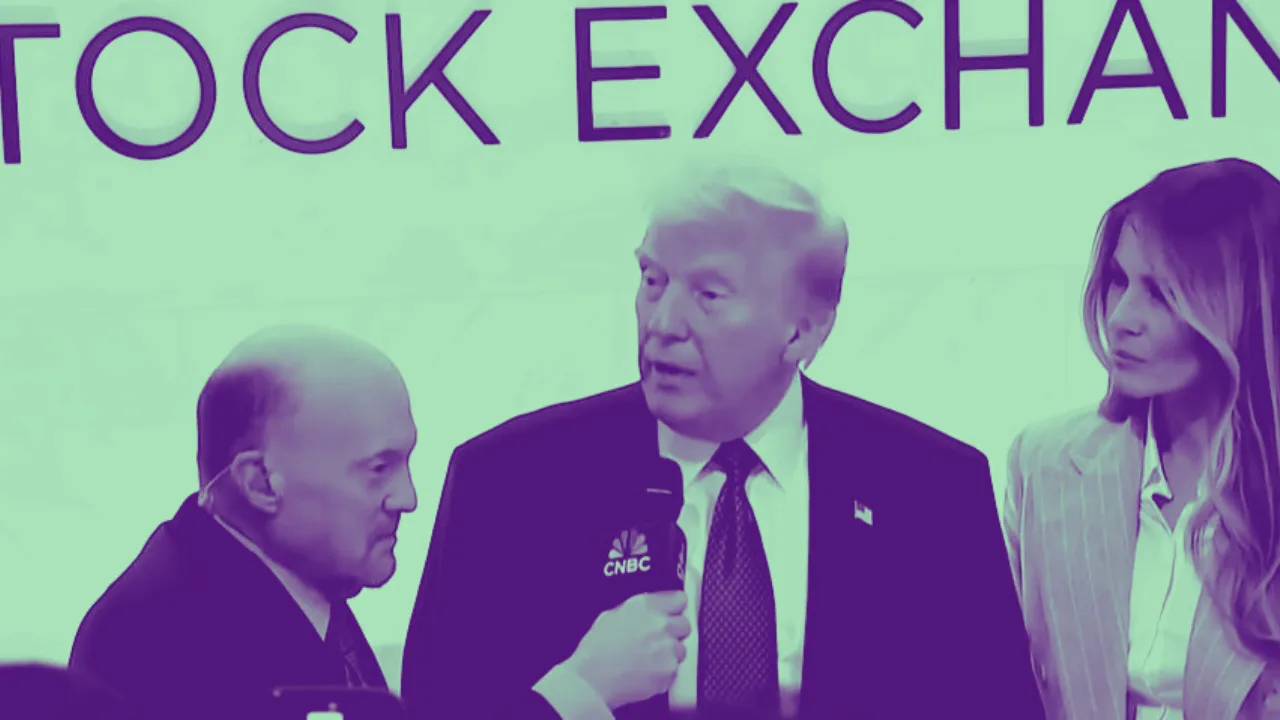Walmart, the world’s largest retailer, has announced that it will begin raising prices later this month due to the escalating costs associated with tariffs. This development signals a significant shift in the U.S. retail landscape, as the effects of President Donald Trump’s trade policies start to permeate the economy.
Tariffs Begin to Impact Consumer Prices
In a recent interview with CNBC, Walmart’s Chief Financial Officer, John David Rainey, stated that U.S. shoppers will start to see prices rise at the end of May and certainly in June. He emphasized that the high cost of tariffs is a burden that retailers can no longer absorb, leading to inevitable price increases for consumers.
Despite a recent truce between the United States and China that lowered levies for imports on Chinese goods to 30%, Rainey expressed concern that the tariffs remain too high. He noted that certain categories of merchandise, particularly those imported from other countries, are likely to see price hikes, which is not favorable for consumers.
Financial Performance Amidst Tariff Pressures
Walmart’s first-quarter financial results revealed a 2.5% increase in net sales to $165.6 billion, slightly below estimates. However, same-store sales rose by 4.5%, surpassing expectations. The company’s quarterly adjusted profit was 61 cents per share, ahead of the analyst consensus of 58 cents per share.
Despite these positive indicators, Walmart’s shares fell by 2.3% in morning trading after the company declined to provide a profit forecast for the second quarter. The retailer cited a “fluid operating environment” due to the unpredictable nature of tariff implementations, making near-term forecasting exceedingly difficult. Investing.com
Strategic Responses to Tariff Challenges
Walmart’s CEO, Doug McMillon, acknowledged that the retailer would not be able to absorb all the tariff costs due to narrow retail margins. However, he assured that the company is committed to ensuring that tariff-related costs on general merchandise do not drive food prices higher.
To mitigate the impact, Walmart is working with suppliers to substitute tariff-affected components, such as replacing aluminum with fiberglass, which is not subject to tariffs. Nonetheless, McMillon noted that adjusting costs is more challenging for imported food items like bananas, avocados, coffee, and roses from countries such as Costa Rica, Peru, and Colombia.
Broader Economic Implications
The announcement from Walmart comes at a time when U.S. consumer sentiment has been declining for four consecutive months, and the country’s GDP contracted for the first time in three years during the first quarter. These indicators have raised concerns about a potential recession.
Other retailers are also feeling the pressure. For instance, German sandal maker Birkenstock announced plans to raise prices globally to offset the impact of the U.S. tariff of 10% on European Union-made goods.
Investor Considerations
For investors, Walmart’s situation presents both challenges and opportunities. While the retailer faces headwinds from tariffs, its scale and operational efficiencies position it better than many competitors to navigate these challenges. Walmart’s ability to manage costs and maintain its value proposition could attract more price-sensitive consumers, potentially offsetting some of the negative impacts of tariffs. Barron’s
Moreover, Walmart’s focus on e-commerce and digital initiatives continues to bear fruit. The company’s U.S. e-commerce sales rose by 21%, and globally, they increased by 22%. This was the first time Walmart’s e-commerce business achieved a full quarter of profitability, benefiting from higher-margin businesses, including online advertising and its marketplace.
Investors should monitor Walmart’s strategic responses to the evolving trade landscape and assess how these measures affect the company’s financial performance and market position. While the short-term outlook may be uncertain due to tariff-related pressures, Walmart’s long-term prospects remain tied to its ability to adapt and innovate in a challenging economic environment.





